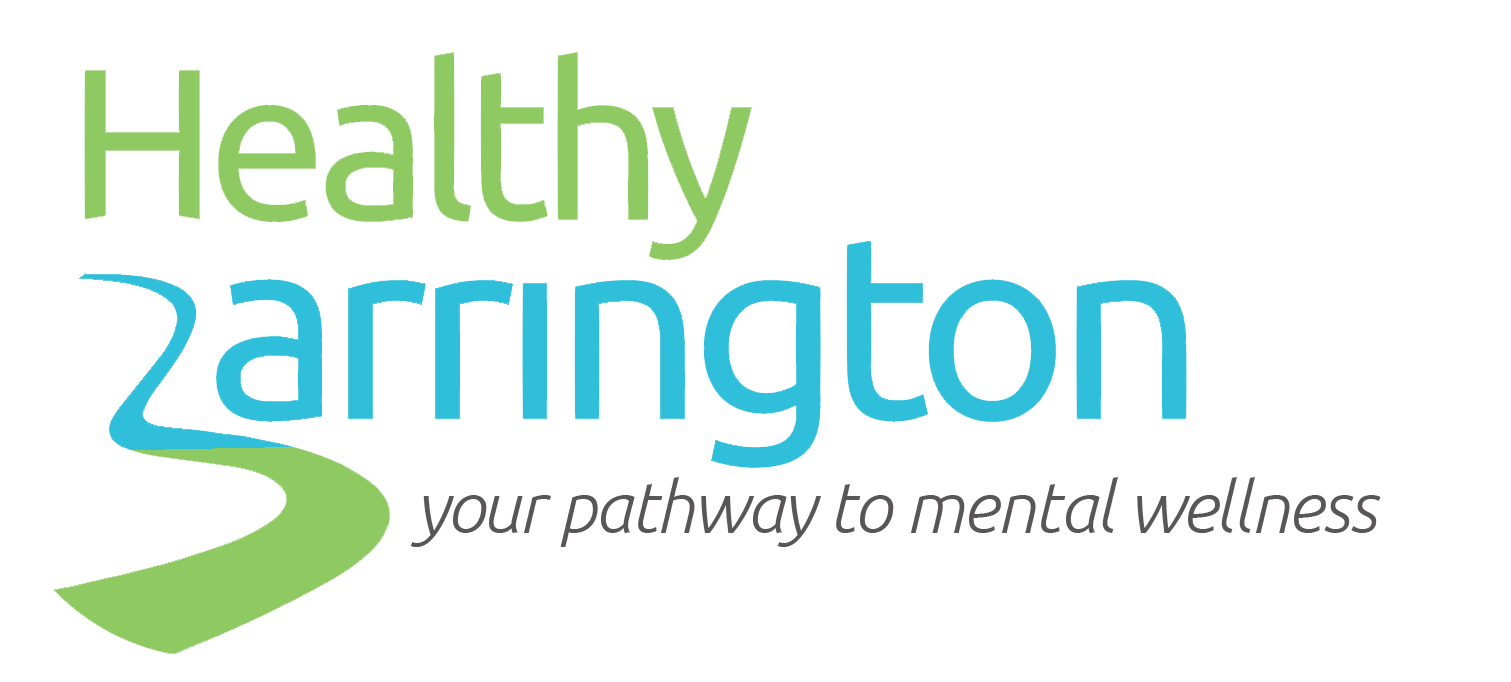Source: NAMI
Traumatic events—such as an accident, assault, military combat or natural disaster—can have lasting effects on a person’s mental health. While many people will have short term responses to life-threatening events, some will develop longer term symptoms that can lead to a diagnosis of Posttraumatic Stress Disorder (PTSD). PTSD symptoms often co-exist with other conditions such as substance use disorders, depression and anxiety. A comprehensive medical evaluation resulting in an individualized treatment plan is optimal.
PTSD affects 3.5% of the U.S. adult population—about 8 million Americans. About 37% of those diagnosed with PTSD are classified as having severe symptoms. And women have higher rates than men.
A diagnosis of PTSD requires a discussion with a trained professional. Symptoms of PTSD generally fall into these broad categories:
Young children can also develop PTSD, and the symptoms are different from those of adults. (This recent recognition by the field is a major step forward and research is ongoing.) Young children lack the ability to convey some aspects of their experience. Behavior (e.g. clinging to parents) is often a better clue than words, and developmental achievements in an impacted child might slip back (e.g. reversion to not being toilet trained in a 4-year-old).
It is essential that a child be assessed by a professional who is skilled in the developmental responses to stressful events. A pediatrician or child mental health clinician can be a good start.












